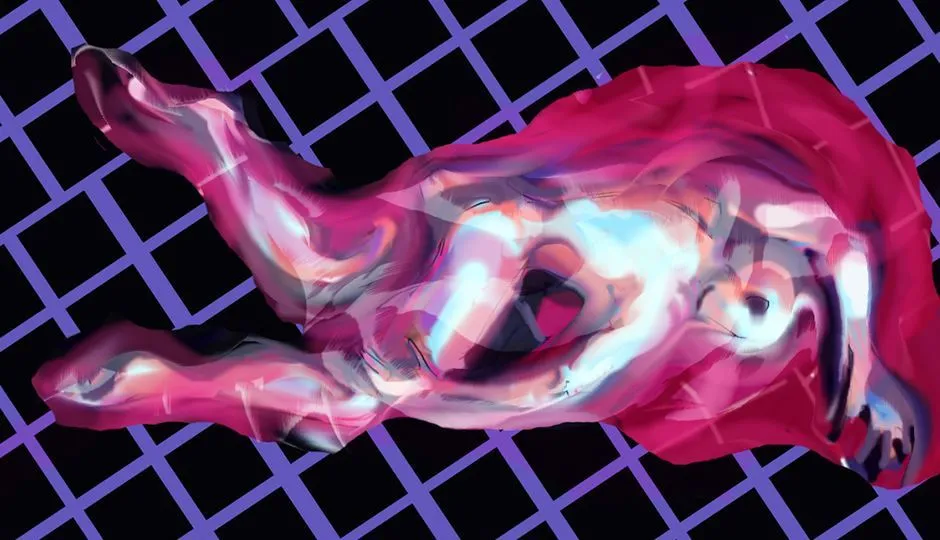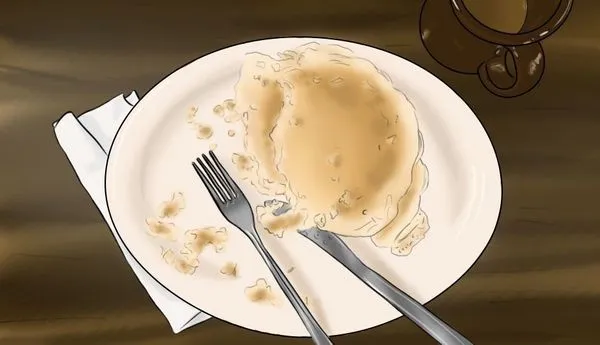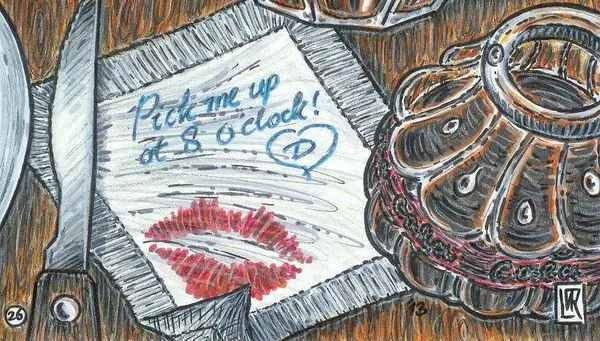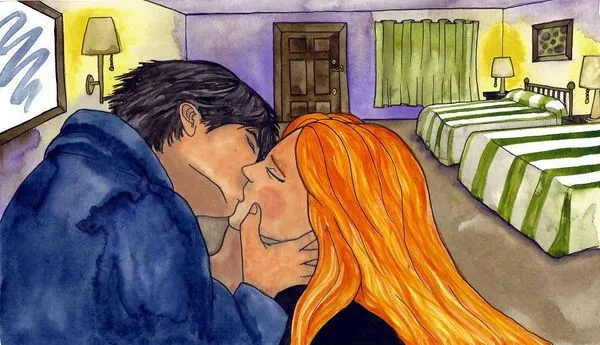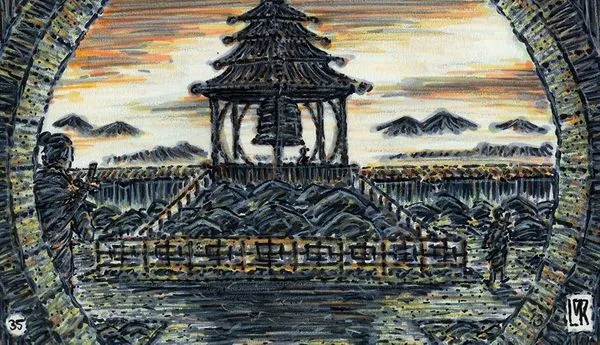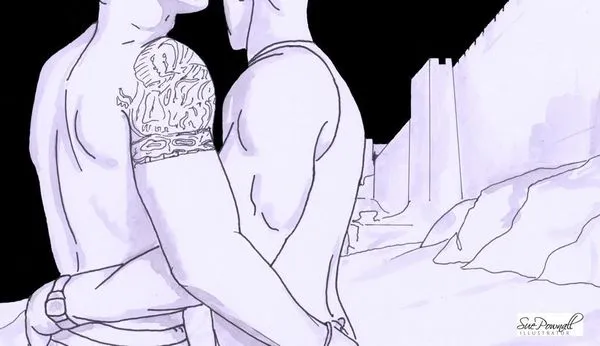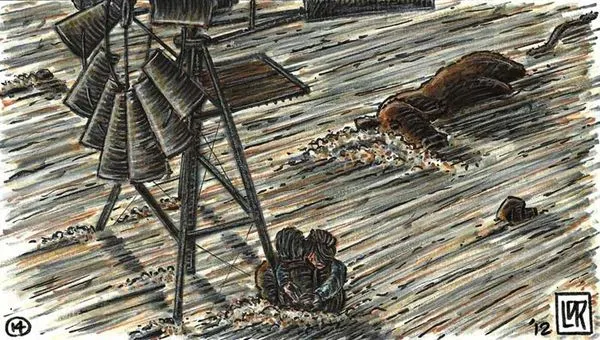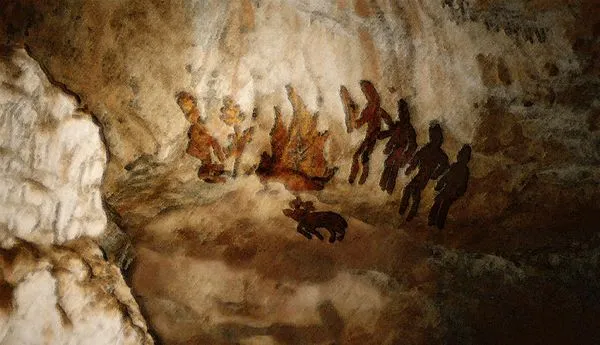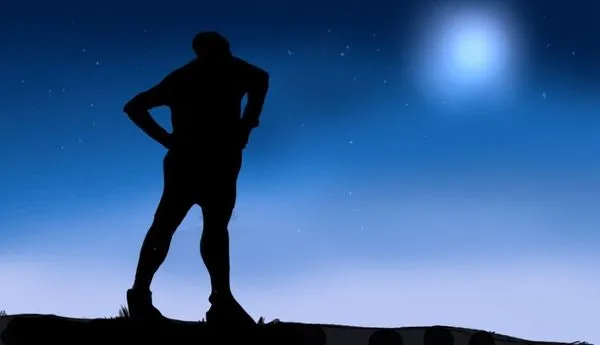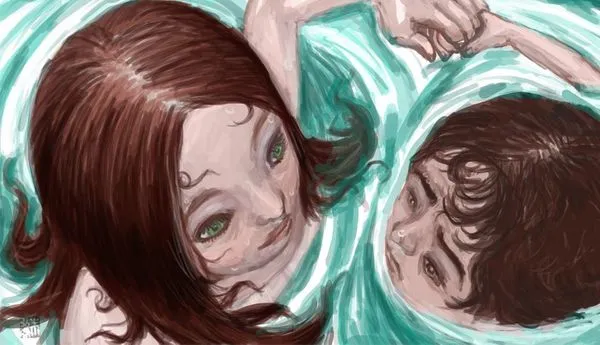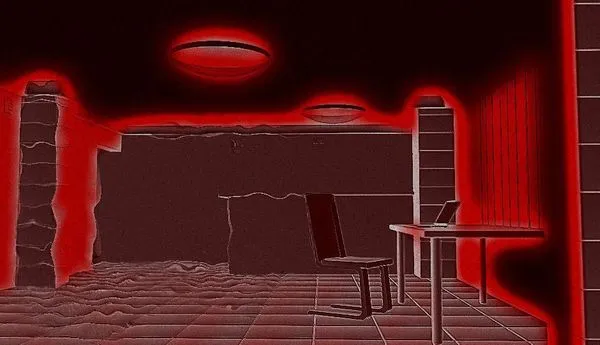It Could Be Us
Alexander Burns | Shantala Robinson
Published on 2012-12-12
The prisoner possessed an incredible capacity for anguish. We crushed entire galaxies, literally crushed them beneath our boots (BOOTS device of course but who can remember what the acronym stands for?), and he would not give up his associates. So I put a bullet in a universe and it turned to ash in front of him. An Infinite that this man had created, gone in an instant. We would destroy them all, eventually, but different to see it happen. Knowing-children-will-die-someday-but-confident-it-will-be-after-you-are-gone different.
He wept. He talked.
***
That evening, alone and drunk in my apartment, I turned the gun over in my hands. Not a normal gun, the EXO-55. They called it God-Killer. Heavy battery pack. No bullet human eyes can see. Necessary to kill walking sentient universes who lurked in hidden labs, hid in alleys and sympathizers’ homes, whose existence undermined the Multiverse Rejection Act of 2053. A slice of outer space, shaped like a man, standing in your living room, walking down the street. Infinites, their supporters called them. This one had a dense rainbow of nebulae slowly rotating through its skull. Most beautiful thing I’d ever destroyed.
***
The dissident pointed us to a cafe downtown. I took officers in plain clothes, but we were recognized. A few people took off on bicycles, shading their faces. No matter. The block was sealed and they would be picked up at the perimeter.
Graffiti on the side of the cafe read, It could be us.
I motioned to the other agents toward the rear exit. I drew my EXO-55, but it would behumans who greeted me. I slipped the EXO into a coat pocket and rested my hand on the simple human-killer on my hip.
The cafe was mostly empty. A few patrons sat at tables and at the oval bar at the center of the room. A young man sat on a small stage with a guitar, strumming and singing pop covers. The music faltered as I stepped across the threshold. My eyes scanned the people, none of whom were armed, and then the walls, where I picked out a few flyers and stickers for rock bands and poetry readings bearing icons of the movement. Little atomic symbols held in cupped palms. Faces with stars for eyes.
A woman behind the bar eyed me through pince-nez glasses. Nobody but us wore coats in the summer. Her head was shaved, pale skin covered in tattoos, but pretty regardless.
“What can I get you?” she asked, a quiver in her voice. She knew what was happening.
The other Agents strode in through the back door. They shook their heads. Nothing back there. I sat at the bar, let her study me a moment.
“We have reason to believe,” I said, keeping my voice low, though in the quiet cafe there were none who couldn’t hear me, “that there are illegally created singularities harbored here. Perhaps even equipment necessary for their creation.”
The lady smirked. “I’m flattered you think I’ve enough money to build a Mark IV supercollider. Too bad, too; this cappuccino machine could totally double as a nuclear reactor.”
I shrugged. “This neighborhood is powered by a Hyperion power plant beneath central square, three doors down. Plenty of power. Plenty of patrons with deep pockets for gourmet coffee. Curious that a simple barista knows so much about supercolliders.”
“I watch a lot of news.” Her voice hardened.
I moved my hands across the bar’s polished surface. I knocked, and the hollow sound echoed in the quiet room. “Curious that you mention the Mark IV supercollider,” I told the woman. A gleam of sweat beaded her forehead. My men approached the bar. “They are the latest, the smallest, machines that can be used to… birth, to use the common misnomer, the singularities known as Infinites.”
My agents savaged the wooden panels of the bar, kicking and prying at the flimsy boards. The civilians jumped. “Please,” the barista cried, desperation crawling across her face, “we’ve done nothing wrong! What you’re doing is — “
I offered an exaggerated shrug. “I have no interest in your misguided political morals.”
Camouflage torn free, the oval bar stood exposed for what it was — a miniaturized particle accelerator. Bundles of parallel grey pipes, wrapped in a pale blue transparent tube. Very clean. This barista was probably a doctor of physics.
“What you’re doing is mass murder!” she cried.
Even we were surprised when the Infinites appeared. Five slipped from behind the bar — where they were hiding I don’t know — and made a dash for the exits. My men were no amateurs. They dodged out of the way and reached for their weapons. We had all seen rookie officers turned inside out by accidental contact with singularities. If it ever came to a pitched battle, if they ever stood and fought, Infinites would massacre whatever human stood in their path. They always ran. EXOs flashed and one of the Infinites crumpled in on itself.
The customers surged forward, screaming, throwing whatever was handy — hot coffee, chairs — against my men. The barista hurled herself across the counter to grab my arm as I drew my gun. The barista’s face in mine, a terrified grimace on her face, we tumbled to the floor. My gun, the human-killer, went off, and she jerked. Wet against my hand. I rolled us across away from the fight and laid her gently on the floor as she gasped, dying.
I traced a constellation of tattoos across her face. Most beautiful thing I had ever destroyed.
I stood, drawing my EXO-55.
**
Originally published at Every Day Fiction on September 13, 2012.

